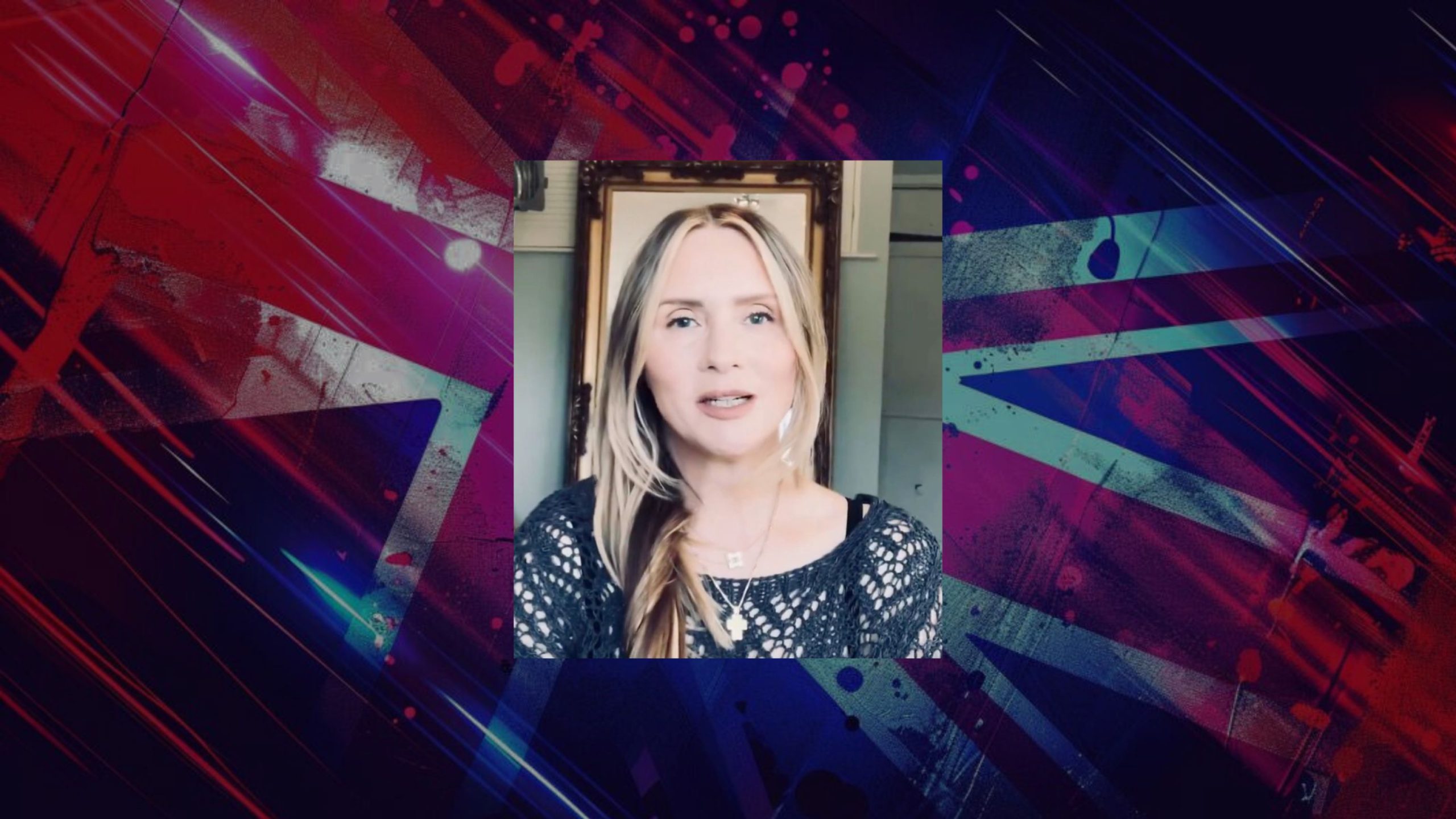Bernadette Spofforth, who was previously suspected of incorrectly attributing the identity of the Southport murder suspect in England, can now breathe a sigh of relief as police authorities have ceased their inquiries into the matter. This investigation began after Spofforth was accused of hastily sharing misinformation on a social media platform, X, misidentifying the assailant from the tragic event outside a Taylor Swift dance class.
Spofforth’s arrest followed Prime Minister Keir Starmer’s crackdown on online speech.
Spofforth’s hastily shared post on X had originally read: “Ali Al-Shakati was the suspect. He was an asylum seeker who came to the UK by boat last year and was on an MI6 watch list.” This was followed by the postscript, “If this is true, then all hell is about to break loose.”
Spofforth claims that she got the information from a Pakistan-based news website that has since been shut down.
The police investigation into Spofforth was one of the cases that put the UK’s recent turn towards criminalizing “misinformation” on the map, spurring global condemnation from free speech advocates worldwide.
The criminalization of incorrect facts posted online was at one time among the policies of authoritarian regimes but has now found itself adopted by some more dogmatic elected politicians, particularly in the UK, as part of the new Online Safety Act – one of the biggest attacks on free speech from a Western Democracy.
Spofforth’s arrest sparked further controversy given that she had appended a caveat of uncertainty to her original social media post and had swiftly removed the post upon realizing its inaccuracy.
Spofforth was apprehended and investigated for allegedly inciting racial hatred and spreading false news through written means.
“I had just copied and pasted a name and a sentence from another post on X,” Bernie explained. “Unusually for me, I didn’t check the source.”
After her 36-hour detainment, Cheshire Police previously confirmed that their actions stemmed from a contentious social media post carrying inaccurate information.
During this period, Spofforth was also not permitted to respond to messages in order to avoid violating her bail conditions. The limitations were such that Spofforth couldn’t even properly defend herself to those inquiring about it. “I couldn’t tell you of the damage done to me by those reporters and activists, and it had been so complete I couldn’t leave my house,” she recounted.
Yet, Spofforth confirmed through an X post released on Wednesday that the police had reached a decision to take “no further action.” In her video, she expressed her gratitude towards the public for their support as she navigated the trying period, before revealing her police-issued NFA notice on September 5th which signaled that she had not engaged in illegal activities.
Bernie expressed relief and gratitude, stating, “I want to let you know that the police issued an NFA and that means no further action and no charges because I hadn’t done anything illegal.”
The Cheshire Constabulary later clarified that their thorough investigation warranted no further action against her due to a lack of substantial evidence.
The UK’s Free Speech Union opined that any charges levied by the Crown Prosecution Service (CPS) under section 179 of the recent Online Safety Act 2023, regarding false communications, would have been highly challenging. This is due to one of the legal tenets being breached only when information regarded as false by the communicator is willingly disseminated.
“To those who celebrated my arrest, don’t enjoy it too much because it could easily happen to you,” Bernie warned, reaffirming her commitment to fighting for the rights of others. “And for all those who stood up for me and did fight for me, thank you. You held my line even as I couldn’t.”






















